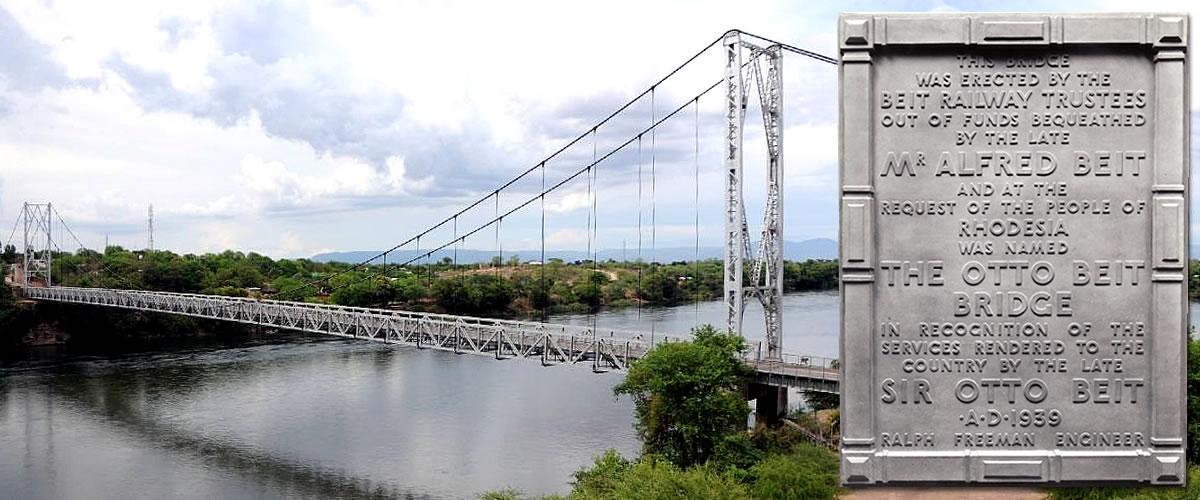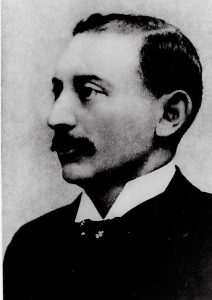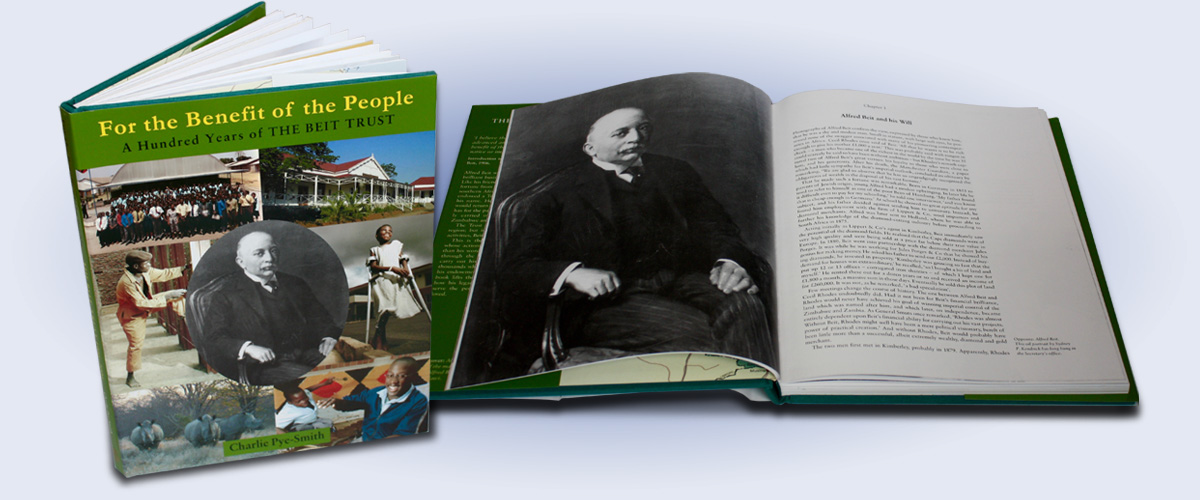

History of the Beit Trust
The Trust was established in 1906 by the Will of Alfred Beit, a financier and philanthropist. He had many interests, including the development of the railway system in Southern Africa. On his death in 1906, at the age of 53, he left a substantial legacy to a wide range of charitable causes.
His Will specifically established The Beit Railway Fund, to promote the development of regional communications.
It also provided, if at a later date the Trustees should decide that the Fund was no longer needed for its primary purpose, that the income could be applied to “education, public or other charitable purposes”.
This now forms the mandate for the modern operations of the Trust. The Trustees have always given preference to funding buildings and infrastructure. Grants are still occasionally given for very large new constructions, such as hospitals and schools. In general, however, most projects are chosen with the purpose of enhancing existing establishments or programmes, such as independent, rural and mission schools, hospitals, clinics, care homes and wildlife schemes.
The Original Terms of the Will
Under The Railway Fund’s original terms of reference, the Trust funded the construction of most of the great bridges of Southern Africa – over the Limpopo at Beitbridge, on the border of Zimbabwe and South Africa; over the Save in Zimbabwe; over the Kafue in Zambia; over the Luangwa on the Great East Road from Zambia to Malawi; and the Otto Beit Bridge (above), opened in 1939, which spans the Zambezi River between Zambia and Zimbabwe at Chirundu. Over four hundred smaller or low-level bridges were also built, which still provide much needed communication in rural areas.
The Sir Otto Beit Bridge was completed in 1939 and is still in use. The story of its engineering and construction is related here in this video.

The Trust's Objectives
Alfred Beit laid down the Trust’s objectives in his Will. These were re-emphasised in The Beit Trust Act 1954. The Trust’s benevolent mandate is exclusively for Zambia, Zimbabwe and Malawi. It does not fundraise. The 1906 Beit bequest, and its prudential management for over 100 years, remains the Trust’s sole funding source.
In 1946, the Trustees changed the focus from communications infrastructure to assistance in education (including now postgraduate scholarships, teacher training, books and computers, as well as school buildings); health (including regional electives for junior doctors, medical electives from the UK, hospitals, clinics and medical equipment); welfare (including care homes for the elderly); and the environment (notably conservation of endangered species).
The Trust takes care, in changing times, to ensure its priorities and ways of working remain fully effective in achieving its objectives. It does this for Trust-funded projects through regular spot-checks by Trustees, the Secretary, the Harare-based Representative and the Trust’s resident Correspondents; and through consultations with a wide range of other well-informed interlocutors.
The Trustees occasionally provide funds for crisis relief, but seldom make grants to other UK grant-making charities.
The Beit Trust Centenary Book



